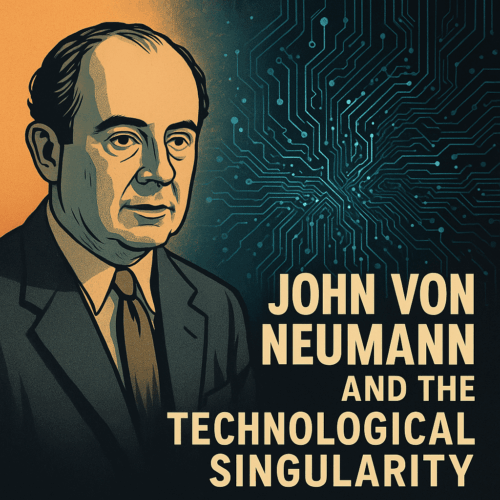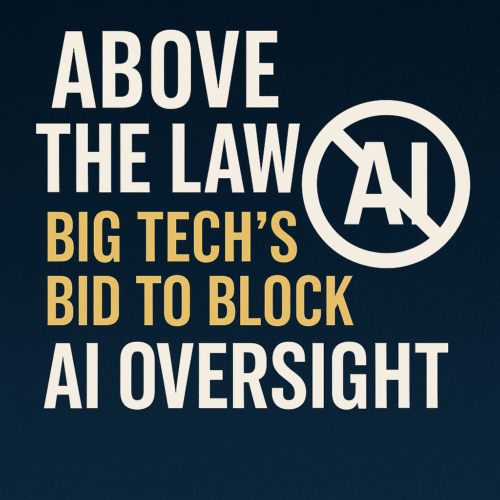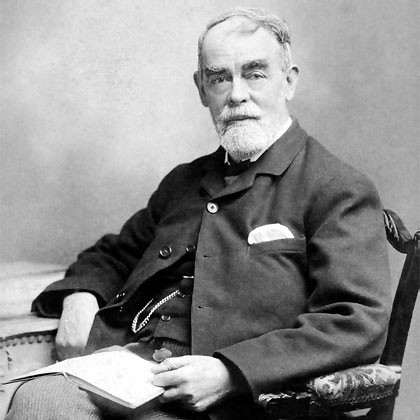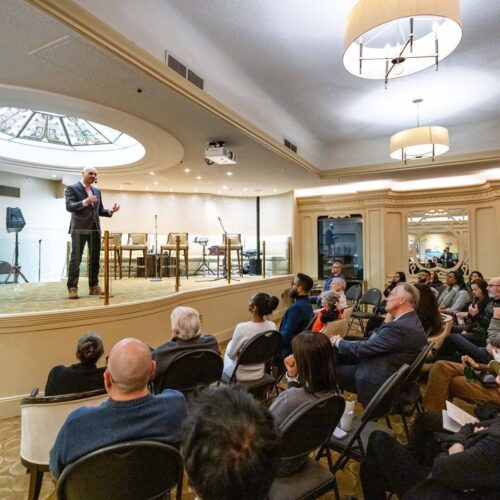The Future of Freedom

The Technological Singularity has the potential to radically expand human freedom in
ways previously thought impossible. We may be freed from limits that were once considered a
simple part of the human condition, from death, to taxes.
Faced with new technologies, certain intelligent forward-thinking people are proclaiming
The end of free will, stating that we ought to simply hand over our decision making processes
to algorithms or machines so that they may decide an optimal path for us, rendering us mere
pieces of data to be processed.
On the metaphysical side of things, the idea that humans have any freedom at all is
coming under attack by philosophers such as Sam Harris, who in his book Free Will proclaims the entire concept an illusion.
The problem here is twofold. Firstly, it is that the vast majority of people have a loose
idea of what it means to be free. Secondly, either because of the previous reason, or for external
reasons, freedom is not their goal.
Even people who claim to be for freedom often have a skewed or unworkable idea of
what it means. Dozens of politicians, from the classical era to the modern day, have used the
cry of freedom to support often contradictory ideas. Slave owners have defended their
“freedom” to own slaves, and slaves have fought to claim what they saw as their own freedom.
If we do not have a proper definition of freedom, and if we do not have freedom as our
goal, we run a risk of becoming a society of slaves, either to each other, our fellow humans, or
ourselves. If we aim for a vague idea of “efficiency” or “utility” we run the risk of ending up in a
utilitarian hellhole like that of Brave New World or Brazil. That is, a society of hedonism, seeking
only to maximize utility at the cost of everything that actually makes life worth living. The
Singularity cannot be about making people “happy.” It must be about making them free, for
proper freedom will give people the ability to seek happiness on their own terms.
The Redefinition
A proper definition of freedom then, that encompasses all spheres of life, from politics, to
personal interactions, is possible with just a simple redefinition. Freedom must be thought of as
the ability to rationally choose how one wants to be, and the ability to then pursue that path:
Self-Determination. Determining the freedom of a person becomes a matter of determining the
limits on this Self-Determination.
This does not demand that we have libertarian free will, far from it, it is completely
compatible with a deterministic universe. We simply need to develop a will based on past and
present stimuli, and be able to follow that will. Then there can be various limits on these
abilities. We may begin with a simple impulse, say, to turn on the lights upon walking into a dark
room, but then if we consider the impulse, it is temporarily halted, and may even be stopped
entirely. Freedom is not free will, but a kind of free won’t. And then freedom is not binary with
this but a matter of degrees of limit. It does not matter if the factors determining this will are
predetermined, in fact, it requires that they be predetermined. It may help to think of it not only
as freedom to do but freedom to be.
For example, a slave is limited in dozens of ways, he is not allowed to have access to
the education that would grant him an idea of what he would truly want to be/pursue outside of
slavery. Furthermore, his master prevents him from pursuing whatever end he might choose; he
can only follow the will of the master. But we are not just limited by other people; we can be
limited by nature as well. Hunger is a limit, poverty is a limit, death itself is a limit on us; in fact, it
is the world’s greatest and longest-reigning tyrant.
The Case for Freedom
Imagine if people could arbitrarily alter their physical bodies, or simply upload their
minds, what need would there be for conflict over sex, gender, race, or even nationality? The
less that binds us, on every level, the freer we become, the Singularity has the potential to be
the single largest emancipatory event in human history. If the promises of mind uploading,
nootropics, and cybernetic enhancements become reality, we can simply make the basis of
many of our conflicts irrelevant. The limits on freedom that we impose on ourselves can be
removed, if the physical limits that make them necessary in the first place are eliminated.
If we give people the ability to pursue what they want, it is almost impossible to imagine
why they would act against the interest of society at large. Why would I steal if I exist on the
internet and have no need of food, water, or shelter? The material basis of crime can cease to
exist, leaving us with fringe cases of the mentally ill, who could be corrected in this society of
advanced understanding of intelligence.
What’s more, everyone from libertarians, to traditional conservatives, to socialists and
communists have argued, with great success, for their own idea of freedom. Why have the
futurists not taken up their own cry for freedom? Freedom is an end in which all other ends can
be realized. A world optimized for pleasure, minimizing pain, or for maximizing efficiency could
end up simply eliminating those who refuse to be happy. Do we really want to live in a utilitarian
future, where we may as well be cockroaches with malfunctioning serotonin receptors, when we
could instead make a world of total freedom?
If we can make the aim of the singularity to liberate us, instead of creating an
technocratic machine bureaucracy to govern our lives, those who want to seek pleasure may
seek pleasure, those who want to pursue wisdom may seek wisdom. People who want to do
nothing, may do so. But this cannot happen if we allow technology to enslave us, we must use
them to make ourselves better, enhance ourselves, and ultimately, to emancipate us. Make the
singularity the event where every individual will be able to maximize their potential, instead of
becoming a housepet for machine overlords, or blips of information in algorithms that decide our
lives from start to finish.
People are afraid of these things. They are afraid of incursions into their privacy, afraid
their way of life will become impossible, and above all afraid of losing their freedom to be what
they want to be. The Singularity, by increasing abundance, removing physical limits, making our
lives easier, and ultimately more free, can, instead of removing these freedoms, enhance them.
Yet, some are declaring that privacy and free will are dead, when we are on the cusp of making
them more real than ever before imagined. In short, we have a PR disaster.
Luckily there exist only two things that can stop this realization of freedom, our
extinction, or some machine-man, with a machine mind, deciding the best course of action is to
turn us into the aforementioned cockroaches, perfectly “happy,” perfectly stupid drones. The
only thing that can stop the machine-man, is us.
About the Author:
Egeiros is an anonymous writer on the long-term implications of the singularity, and
founder of the Apotheist movement. You can follow him on youtube or twitter.








